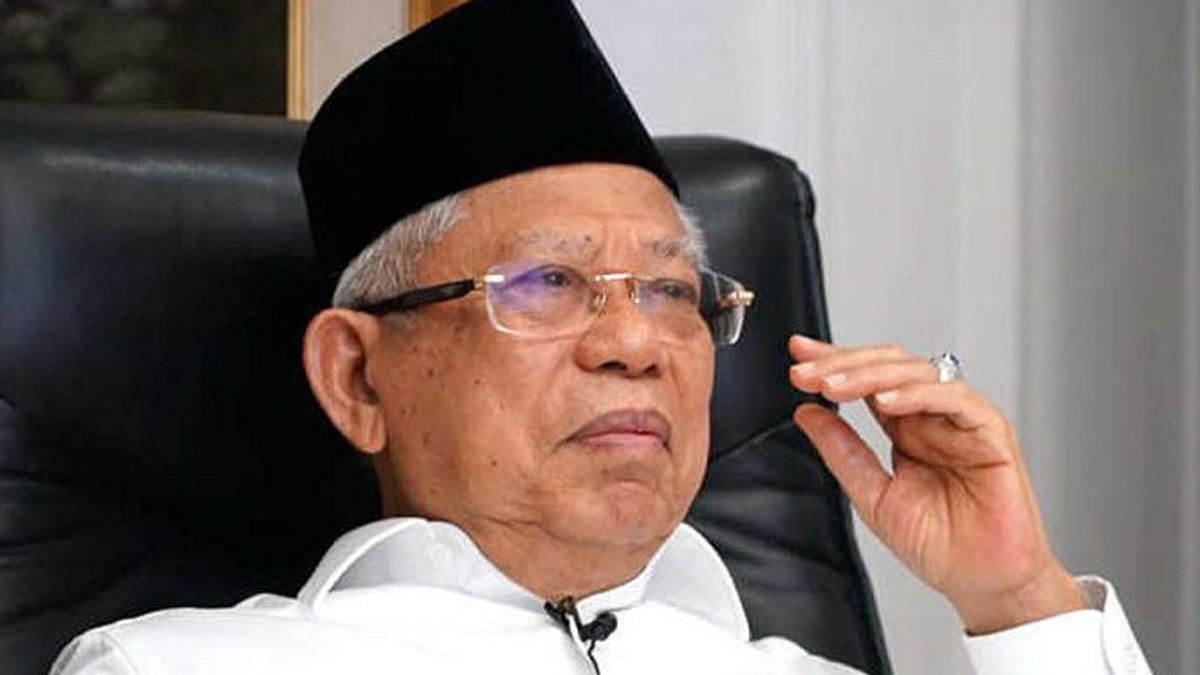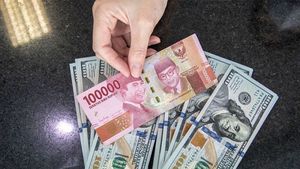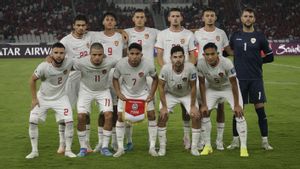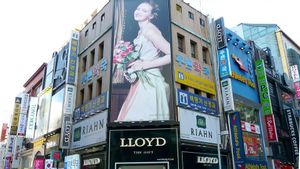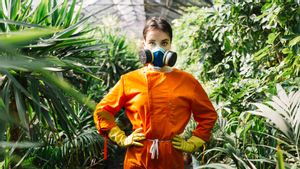JAKARTA - Vice President Ma'ruf Amin said that the COVID-19 pandemic is the right time to discuss health resilience and independence towards a golden Indonesia in 2045. The pandemic, he said, taught valuable lessons about the importance of strengthening health system services in the country.
However, said Ma'ruf, unfortunately the majority of medical devices (medical equipment) in Indonesia are imported products. Therefore, Ma'ruf Amin encourages increased research and innovation in the health sector to improve services to the community.
"About 94 percent of medical devices circulating in Indonesia are imported products. Until now, medical devices produced in the country are still dominated by basic products with simple technology, with the medical equipment industry growth rate reaching 12 percent annually," he said in a webinar. , Thursday, March 25th.
According to Ma'ruf Amin, one of the important elements in becoming a nation that has resilience and independence is to have superior human resources. The availability of human resources is important to support Indonesia to be independent in health. Therefore, the government has placed the HR development program as a national priority.
"Independence in the health sector is very important, which includes the availability of human resources, medicines and medical devices, as well as research capabilities, including genomic surveillance," he explained.
Furthermore, Ma'ruf said the 2019 health profile report showed that the number of health human resources in the country was 1,182,024 people. Consisting of 73.13 percent of health workers and 26.87 percent of health support workers. However, Indonesia still faces problems with the distribution of health workers.
"Especially in underdeveloped, frontier, and outermost areas or 3T. The 2019 Indonesian Health Profile report also states that 19.7 percent of puskesmas still lack doctors, and 65.6 percent of puskesmas still do not have a complete number of preventive and promotive personnel," he said. .
- https://voi.id/ekonomi/40580/ditinjau-wapres-ma-ruf-amin-ptpp-kebut-pembangunan-bendungan-way-sekampung
- https://voi.id/berita/40396/silsilah-kh-ma-ruf-amin-dari-ketunan-prabu-siliwangi- Jadi-rasulullah
- https://voi.id/berita/40134/polemik-vaksin-wapres-ma-ruf-amin-harus-boleh-atau-tidak-bukan-halal-atau-haram
- https://voi.id/berita/37349/jangan-takut-wapres-ma-ruf-p ascertain-program-kartu-prakerja-berlanggung- until-2022
- https://voi.id/berita/35607/joko-tjandra-akui-sempat-diajak-pengusaha-rahmat-bertemu-ma-ruf-amin
Health independence, said Ma'ruf, cannot be separated from the availability of affordable and quality essential medicines and vaccines for the entire population. Efforts to encourage self-sufficiency in drug production, especially generic drugs, are urgent.
According to data from the Ministry of Industry, there are currently 178 national private pharmaceutical companies, 24 multinational companies and 4 state-owned companies in 2019.
"However, 90 percent of raw materials for medicines are still imported from abroad," he explained.
Therefore, said Ma'ruf, it is necessary to increase the capacity of research institutions, including the capacity of genomic surveillance. Currently, various institutions such as Eijkman, Balitbangkes, Unair, UGM, UNS, LIPI, UIN, ITB, Tanjungpura University, and FKUI Microbiology have conducted genomic surveillance in various provinces in Indonesia.
"I hope this capability and research on the development of medical devices and medicines will continue to be improved. Because this is very vital for our efforts to build health independence," he said.
Ma'ruf explained, efforts to strengthen health resilience and independence in the country will not only have a positive impact in increasing the health status of the Indonesian people. However, it will also increase Indonesia's role and contribution at the regional and global levels.
The English, Chinese, Japanese, Arabic, and French versions are automatically generated by the AI. So there may still be inaccuracies in translating, please always see Indonesian as our main language. (system supported by DigitalSiber.id)
